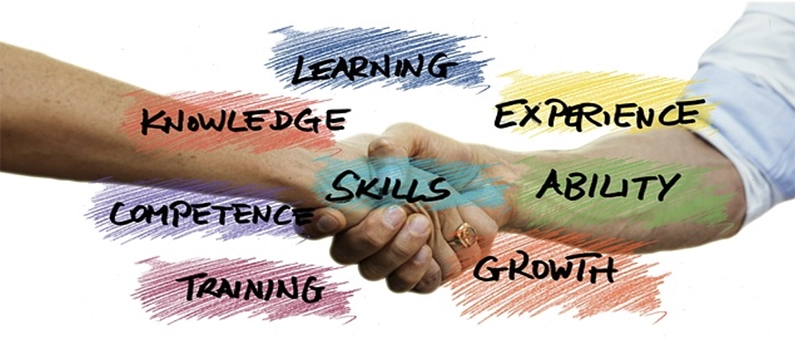Work is changing. Searching the phrase “the future of work” brings up a myriad of articles, research and predictions. We are entering a new historical period in which machines are and will be overtaking jobs traditionally done by humans. Making matters worse, we are not preparing people for the right jobs in an economy that is changing rapidly and becoming more complex. More than in other sectors, entry level jobs including those that do not require an advanced degree or credential will change the most drastically. People of color disproportionately hold these jobs and without a focus on post- secondary training and upskilling, the wealth gap between white and black households will become worse.
Presently (and in the past) post-secondary workforce training is focused on hard skills that teach workers how to repair a motor, send an email and perhaps perform CPR; while these jobs will remain each of the related job sectors will be experiencing unprecedented change. We are in what I call a “fast moment” in which we have an opportunity to upskill our workforce with a special emphasis on post-secondary training and focused on populations that have been historically marginalized. Investing in black and brown workers will create job opportunities and career pathways if States and municipalities focus on the constellation of related skills needed in emerging jobs including Artificial Intelligence, big data and analysis, Internet of Things, robotics, 3D printing and augmented & virtual reality.
The Center on Education and the Workforce at Georgetown University reports that “in half of the USA labor markets at least 50 percent of all middle skill credentials would need to be granted in different fields of study to meet projected labor demands”. https://cew.georgetown.edu/cew-reports/greatmisalignment/ We have an unprecedented opportunity to reshape our workforce training focus to keep the country economically competitive and we can concentrate the retooling of training on markets that are made up of those who have been historically left out of emergent jobs and professions.
We are past acclimated, not future focused. In Smart World, Richard Ogle writes “in an age of exponential change, the skills of intuition, insight, imagination and innovation are key to success, and by definition looks forward for guidance”. We teach today, with only slight variations, in the same way have been for the past several hundred years. Typically, we teach ideas and methods that have been developed for past situations, without regard to futures thinking because change occurred slowly until recently. If we are truly going to create a workforce for the future, we need to rethink what we mean by soft skills; instead let us bring out the innate capacities humans will always have more of than robots including intuition, imagination and insight. These capacities are the very ones most needed in a world of constant change and will require continuing education. Let us not let this moment get away from us.


